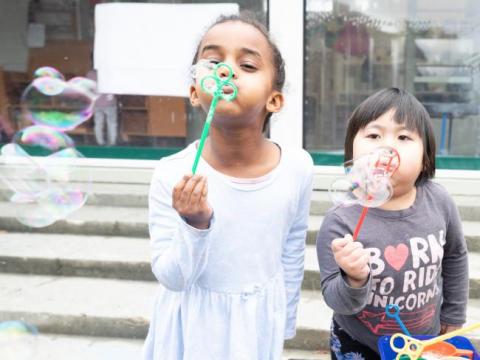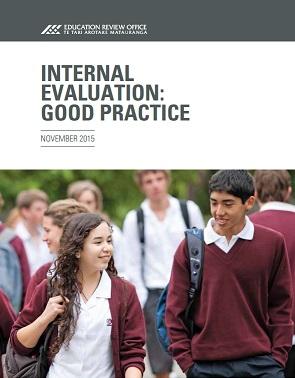Responding to the Covid-19 crisis: Supporting Auckland NCEA students
Published: 25 Aug 2021
In 2020, Auckland students were particularly affected by Covid-19 and extra support was provided to them. Following this, ERO undertook an evaluation of three Te Kura programmes aimed at supporting Auckland NCEA students. This report outlines the findings of this evaluation - including the reach and impact of the programmes, and lessons for future responses.
- Audience:
- Academics
- Education
- Parents
- Schools
- Content type:
- Research
- Topics:
- Te Ihuwaka | Education Evaluation Centre
- Whānau
- COVID-19
- English-medium
- Learning
- Māori
- Māori ākonga / learners
- Māori and Pacific learners
- National Certificate of Educational Achievement (NCEA)
- Pasifika
- Students
- Teaching
- Wellbeing








